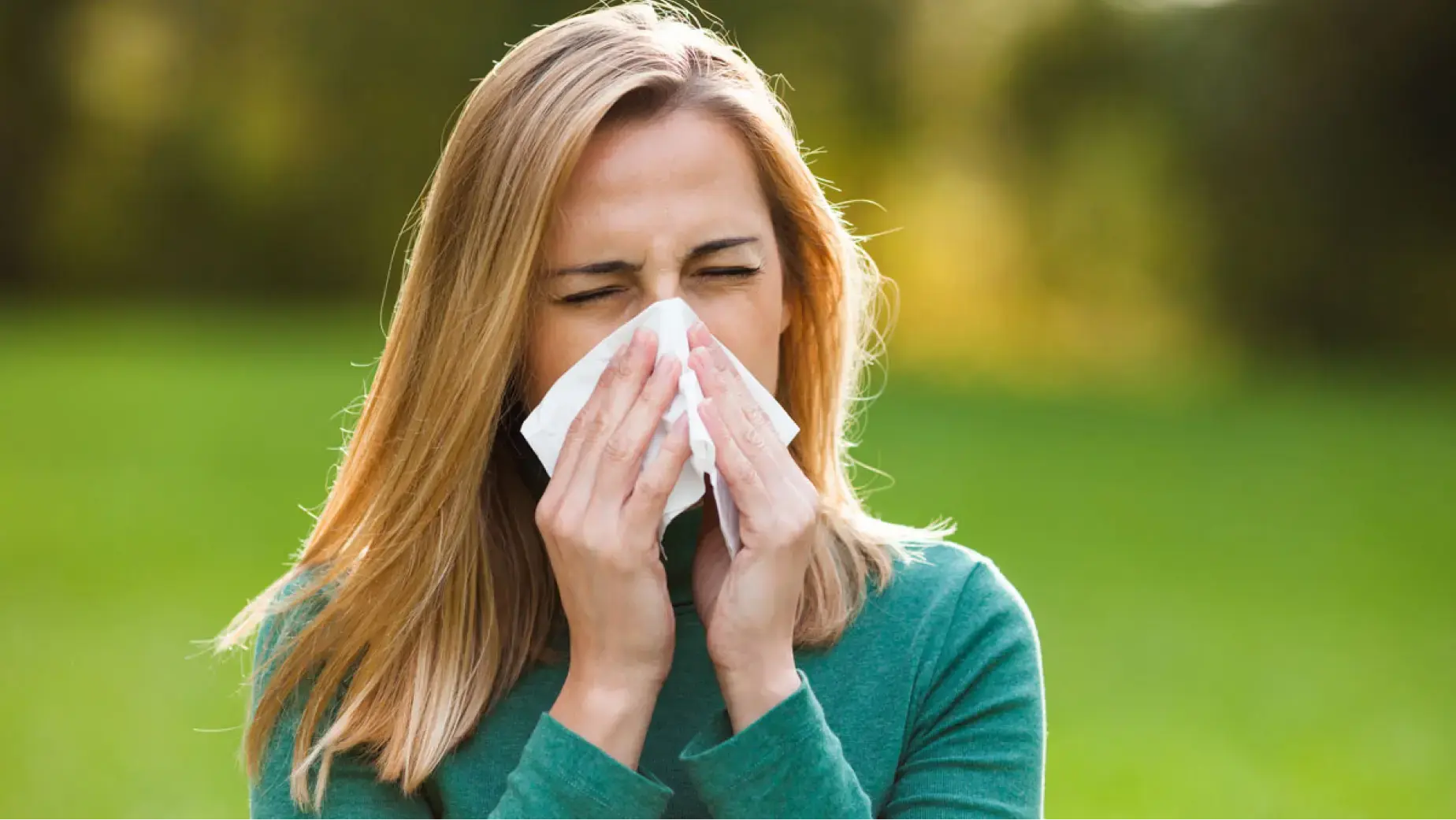
6 Best Homeopathic Medicines for Allergy Treatments
Allergies are a common condition affecting millions worldwide. They cause the body’s immune system to overreact to harmless substances like pollen, dust mites, or pet dander. This overreaction triggers a range of unpleasant symptoms, including sneezing, runny nose, itchy eyes, and congestion. While conventional medicine offers various allergy treatments, some people prefer a more natural approach, including homeopathic medicine for allergy.
Symptoms
Allergy symptoms can vary depending on the trigger and the individual. Some common signs of allergies include:
- Runny or stuffy nose
- Sneezing
- Itchy, watery, or red eyes
- Coughing
- Wheezing
- Skin rash (eczema or hives)
- Difficulty breathing
If you experience any of these symptoms, especially if they worsen or become persistent, consult a healthcare professional for proper diagnosis and treatment.
Causes
Allergies occur when the body’s immune system mistakes a harmless substance (allergen) for a threat. The immune system then releases chemicals, like histamine, to fight off the perceived invader. This reaction triggers the classic allergy symptoms.
Several factors can contribute to allergies, including:
- Genetics: If a parent has allergies, there’s a higher chance of children developing them too.
- Environmental factors: Exposure to dust mites, pet dander, pollen, mold, and smoke can trigger allergies.
- Diet: Certain foods may trigger allergies in some people.
- Gut health: Research suggests an imbalance in gut bacteria might be linked to allergies.
Homeopathic Treatments
While conventional medicine offers various options, some people explore alternative approaches for allergy management. Homeopathy is one such system that focuses on stimulating the body’s natural healing response using highly diluted substances believed to trigger allergy symptoms in a healthy person.
Which Homeopathic Medicine Is Best for Anti-Allergy?
Homeopathic medicine for allergy aims to stimulate the body’s natural healing response using highly diluted substances that are believed to trigger allergy symptoms in a healthy person.
Here are six commonly used homeopathic medicine for allergy::
- Allium cepa: This remedy is often used for allergies with watery, burning discharges from the eyes and nose, worse in warm rooms and better in the open air.
- Euphrasia officinalis: This medicine is considered helpful for itchy, red, and watering eyes due to allergies, especially when triggered by wind or dust.
- Nux vomica: This remedy might be suitable for allergies with irritability, headaches, and worsening of symptoms after consuming coffee or stimulants.
- Arsenicum album: This medicine can be helpful for allergies with burning, watery discharges and restlessness, often worse at night and with cold drafts.
- Galphimia glauca: This remedy is sometimes used for allergic rhinitis with excessive sneezing, particularly in the morning.
- Kali bichromicum: This medicine may be used for allergies with thick, yellow, and stringy discharges, often accompanied by a feeling of exhaustion.
Homeopathic medicine for allergy should be prescribed by a qualified homeopathic practitioner who will consider your individual symptoms and overall health.
Which One Is Better for Allergy Homeopathy or Allopathy?
Conventional medicine (allopathy) focuses on directly treating the symptoms and underlying cause of the allergy. Homeopathy seeks to activate the body’s inherent ability to heal itself. Choosing between allopathy and homeopathy depends on individual preferences and what works best for you. It’s crucial to discuss both options with your healthcare provider to find the most suitable approach for you.
Which Medicine Is Best for Allergic Rhinitis?
There’s no single “best” homeopathic medicine for allergy, including allergic rhinitis (hay fever). The most effective remedy depends on your specific symptoms and triggers. A qualified homeopath will select the most appropriate medicine based on your individual case.
Frequently Asked Questions: FAQs
Here are some frequently asked questions about allergic rhinitis:
1. What are the different types of allergic rhinitis?
There are two main types of allergic rhinitis: seasonal (hay fever) triggered by seasonal allergens like pollen, and perennial, triggered by year-round allergens like dust mites or pet dander.
2. Can allergic rhinitis be prevented?
Complete prevention might not always be possible, but certain strategies can help reduce the risk and severity of symptoms. These include:
- Identifying and avoiding triggers: If possible, minimize exposure to allergens known to trigger your symptoms.
- Air purification: Using air purifiers at home and work can help reduce airborne allergens.
- Regular cleaning: Maintaining a clean environment by vacuuming regularly, washing bedding frequently, and controlling dust mites can be beneficial.
- Dietary changes: Some people find that eliminating certain foods can alleviate allergy symptoms. It’s important to consult with a healthcare professional or nutritionist for advice tailored to your specific needs.
Conclusion
Homeopathy offers a gentle, natural, and effective approach to managing various types of allergies. The right medicine can help relieve symptoms without causing side effects, making it a preferred choice for many. However, it’s important to remember that homeopathic treatment works best when it is personalized. Always consult a qualified homeopathy doctor to identify the remedy that matches your specific symptoms and constitution. With proper guidance, you can find long-term relief and improved overall well-being.